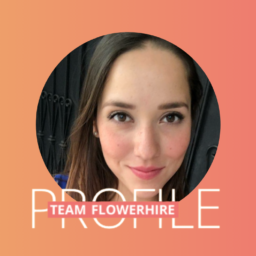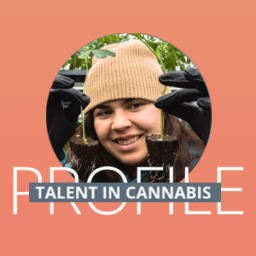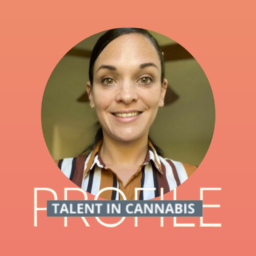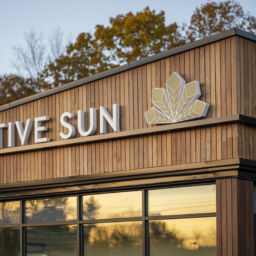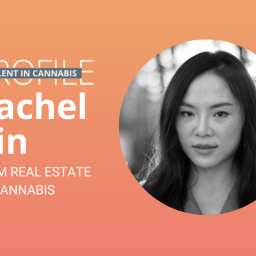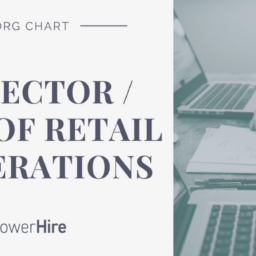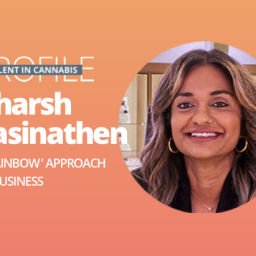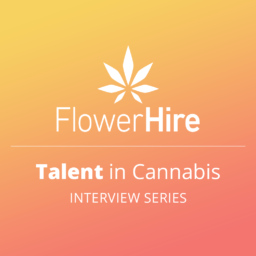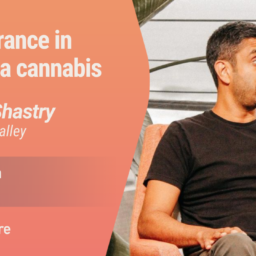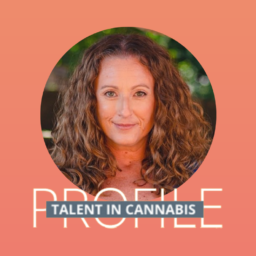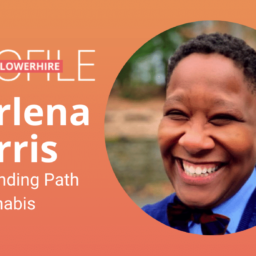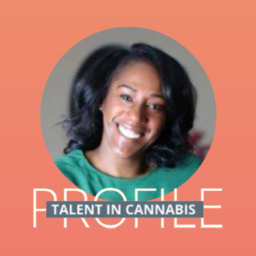In this Talent in Cannabis Profile, we spoke with Adrian Livous. Adrian’s most recent role was as a cultivation manager at Good Day Farms. He recently passed on an opportunity to move to northern Louisiana in hopes of moving to a new state with an emerging cannabis market.
Adrian was one of the first African Americans to cultivate and process cannabis legally in the state of Louisiana. Before cultivating for Good Day Farms, he had worked in human resources until a significant life moment brought him to cannabis. In this interview, Adrian dives into:
- How a terminal illness in the family caused a pivot
- The cannabis stigma led to his biggest regret in life
- His cousin’s 15-year incarceration changed perceptions
- What’s happening in the Louisiana cannabis market
- What his experience in cultivation has taught him
- Changes he would like to see in the industry
I believe everyone should give growing a shot, even if it’s not cannabis. It’s fascinating to see something evolve from seed to harvest – it tunes you into the rhythm of nature.
– Adrian Livous

What were you doing before working in cannabis?
Before I started working in the cannabis industry, I worked in Human Resources at the Metropolitan Human Services District in New Orleans. I initially joined their Human Resources department but later transitioned to the role of advocacy liaison. My role was to help the homeless find housing and access to rehabilitation programs for drug and alcohol addiction. I was deeply rooted in community service, which influenced my approach to my career in the cannabis industry.
What’s your cannabis ‘why’?
My father’s battle with terminal liver cancer brought me to the cannabis industry. About seven years ago, his condition had worsened to the point where he was put on hospice care, and that’s when I witnessed firsthand the power of cannabis in improving the quality of life for terminally ill patients.
Initially, my dad was given morphine pills for pain management, but he didn’t want them because of the side effects. He was mostly confined to his bed and barely able to interact with those around him.
One day, my cousin KP from California visited with cannabis products – tinctures, edibles, and flowers. He introduced my dad to cannabis through a tincture added to his tea. This marked a turning point. Within an hour, my dad was talking, smiling, and even managing to eat a bit. For the first time in weeks, I heard him laugh. It was a moment of light in a very dark time. Cannabis made his end of life tremendously better, and I thank KP for that.
One of my biggest regrets in life is that I let the cannabis stigma keep me from sharing a joint with them. I was working at that time, and I feared that I would be drug tested.
My dad passed away a month or two later. Afterward, I dove deep into learning about cannabis, its cultivation, and its medicinal benefits, which led to my desire to work in cannabis.
I grew up in the Reagan Era with D.A.R.E. and the “Just Say No” movement. So I had never touched cannabis before that moment. Seeing the positive impact that it had on my dad completely changed my perspective.
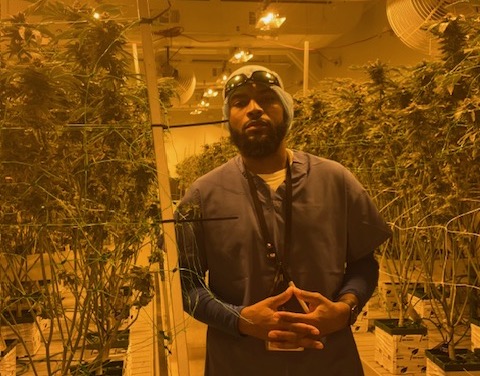
Tell us about your first role in the cannabis industry.
I used my previous human resources experience to jump into the industry at Good Day Farms. Once I was in, it wasn’t long before I started my first role in cultivation.
I began at the ground level, growing biomass for extraction to create tinctures, topicals, and eventually gummies. Hearing from families who benefited from our products, whether they were dealing with epilepsy, social anxiety, or other conditions, became a huge motivator. We were making a real difference in people’s lives.
As the Louisiana industry evolved, so did our operation. At Good Day Farms, we navigated the transition from solely producing biomass to cultivating high-quality, smokeable flower. My role demanded constant learning and adaptation. I often looked to other states with more established markets for insights and best practices. Now that I’ve helped build the Louisiana market from the ground up, I want to help build other new markets.
Can you tell us about the Louisiana market?
The Louisiana cannabis market is unique and, in many ways, still emerging, especially compared to states like California. Here in Louisiana, the market is tightly regulated, with only two licenses issued for cultivation, both of which are held by universities – Louisiana State University and Southern University.
With just these two players in the cultivation space and a limited number of dispensaries licensed to sell cannabis, the landscape in Louisiana feels limited. Many people are advocating for the opening up of the market, hoping for more licenses to bring in more competition and innovation. From a consumer or patient perspective, more competition could mean better quality, more choice, and possibly better pricing.
There’s a strong push for adult use legalization and expansion of the medical program to include more conditions and make access easier for patients. The tight control and limited number of operators mean every step forward is significant, and there’s a lot of room for growth and improvement.
How has the strong stigma in Louisiana affected you and your family?
There is still a strong stigma in Louisiana, with a lot of resistance based on old misconceptions about cannabis. Especially in northern Louisiana, which is deep in the Bible Belt, where there are still many dry towns.
One day I left my cultivation job and attended an open house at my son’s school. I smelled like cannabis from work, which raised eyebrows and sparked conversations. It’s a constant process of educating and advocating, trying to shift perceptions and open people’s minds to the benefits of cannabis.
One of my cousins spent 15 years locked up over cannabis charges. After getting out, he got his commercial driver’s license (CDL) and hit the road as a truck driver, thinking if he kept moving, he wouldn’t find trouble. He rarely came home, but on one visit, he found me on the porch smoking a joint. He was worried and confused. He went inside to ask my grandma why I was smoking on her porch. To his surprise, she defended me, saying I was just fine. It was a moment that showed how attitudes have changed. My grandma went from seeing cannabis as a source of legal trouble to something not worth fussing over – and even promotes cannabis products to her church friends. His mind was blown.
What has your experience in cannabis cultivation taught you about the process and its impact?
I believe everyone should give growing a shot, even if it’s not cannabis. It’s fascinating to see something evolve from seed to harvest – it tunes you into the rhythm of nature. You learn it’s all about the plant’s timetable, not ours. This experience can awaken a nurturing instinct you never knew you had, along with a keen eye for detail. Each strain tells its own story in its own time, some wrapping up in 63 days, others stretching out longer. It’s a balance of patience and observation – knowing when the plant is ready for the next step.
The journey’s taught me more than just cultivation – it’s about the impact on lives, like the relief it brought my dad. In Louisiana, where humidity is a constant battle, we adapt, using dehumidifiers to perfect the drying process. Cultivation goes beyond planting and watering. It’s a deep respect for the plant’s cycle, ensuring we bring out its best for those who need it most.
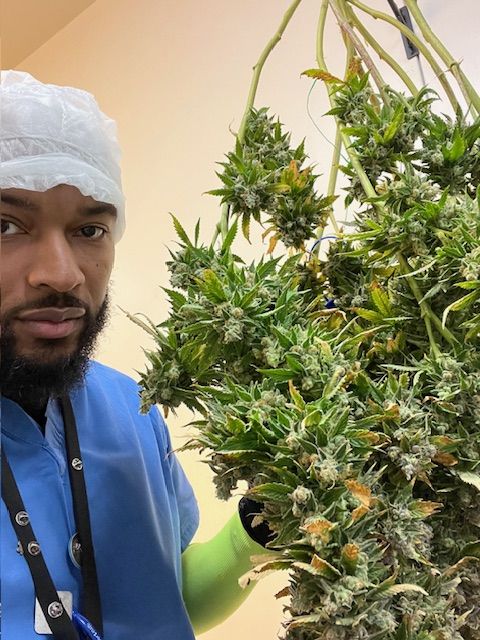
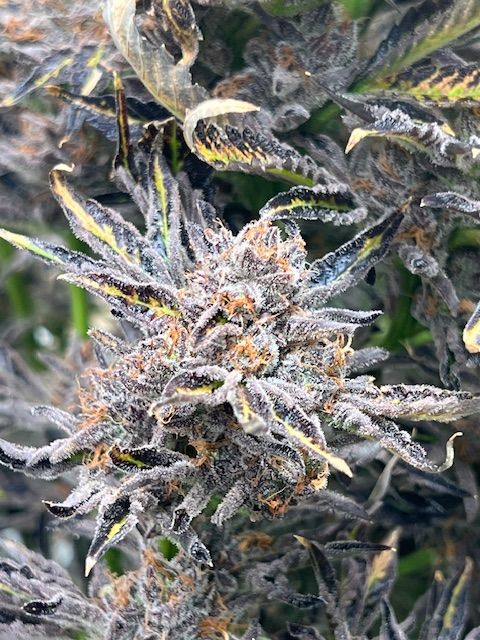
Where do you see your career going?
I’d like my next move to be director of cultivation. After helping to develop the Louisiana market, I feel a pull towards states with emerging markets. I’ve navigated the early days by overcoming challenges and looking to established markets like California and Colorado that blazed the trail. I want to share my lessons and help other new markets sidestep the pitfalls that we encountered in Louisiana.
What are one or two things you’d like to see change in the cannabis industry?
First off, decriminalization, or even better, descheduling. This move alone could unlock a world of opportunities. If we manage to get cannabis decriminalized, or go a step further and get it legalized, it’s a game changer. We’re talking about opening the doors for the big banks to step in. Their involvement would mean many resources and opportunities, making it easier for people to kickstart their cannabis ventures. Imagine more licenses becoming available because entrepreneurs are backed by big banks. That’s the kind of future I’m looking forward to, where the industry isn’t just growing but thriving.
I also hope that boutique, mom-and-pop, women-owned, and minority-owned cannabis businesses get as much of a chance as the big players. Whether it’s a small grow or a big operation, everyone deserves a spot at the table. Supporting diversity in the industry, especially for businesses owned by underrepresented groups, is something I stand firmly behind.
If you like this, you may like these Talent in Cannabis Profiles:
Amanda Reiman and her dedication to social change
Mike Gray and the importance of cannabis genetics
Otha Smith – renewable energy sales to cannabis entrepreneur
Herlena Harris – the winding path to cannabis




